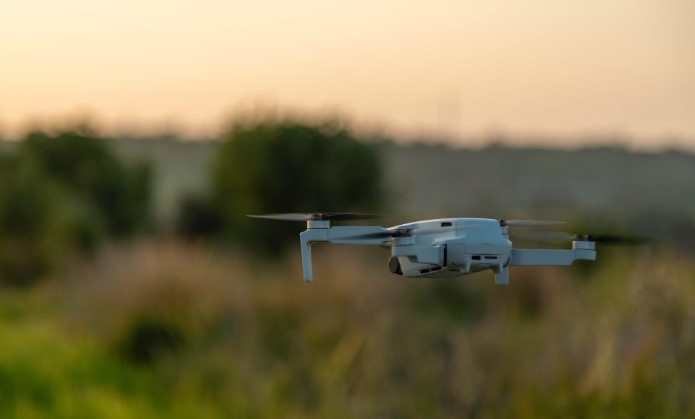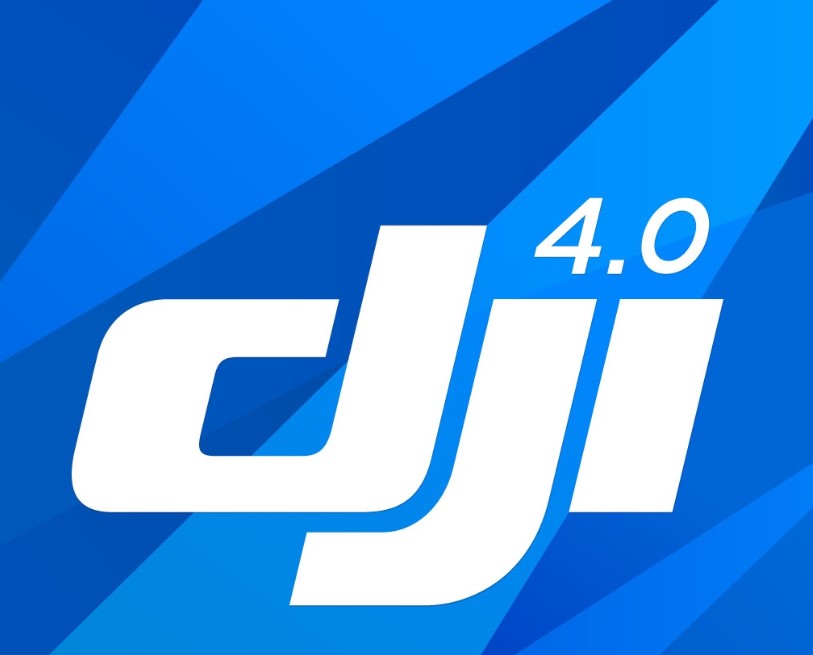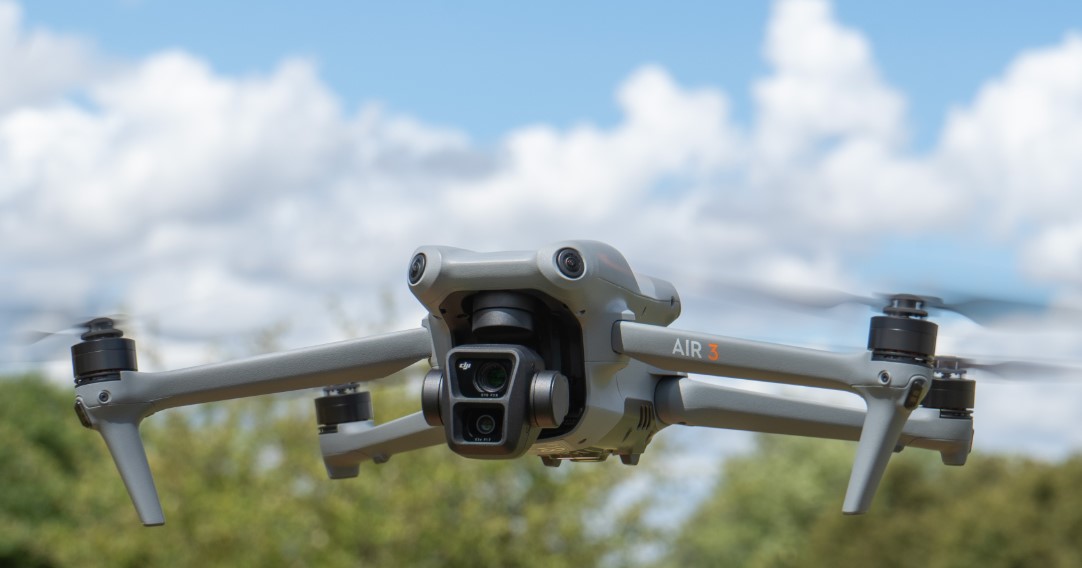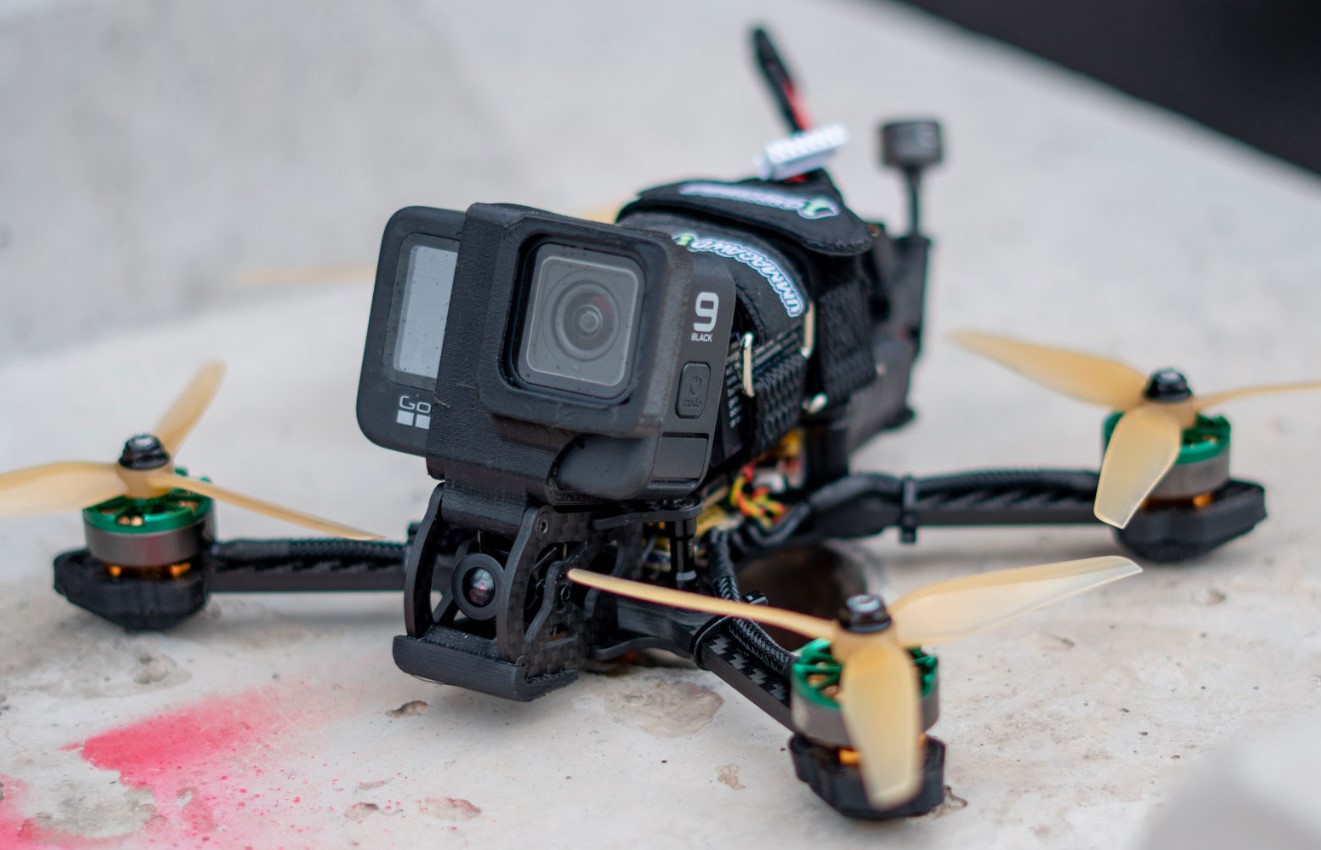Is Drone Deer Recovery Legal in Arkansas? The use of drones in wildlife management and hunting practices has gained significant attention in recent years. Drones, or unmanned aerial vehicles (UAVs), offer innovative ways to track, monitor, and recover wildlife. However, their application raises legal and ethical questions, particularly in activities such as deer recovery. This essay examines the legality of drone deer recovery in Arkansas, the benefits and challenges associated with this practice, and the broader implications for hunters and conservationists. Follow Dronevoz.com !!!
Understanding Drone Deer Recovery
Drone deer recovery refers to the use of UAVs equipped with cameras and thermal imaging technology to locate wounded or deceased deer. This practice can be particularly useful for hunters who want to ensure a clean recovery of game after a hunt. Drones can cover large areas quickly, identify heat signatures, and navigate difficult terrain, making them an efficient tool for wildlife recovery.
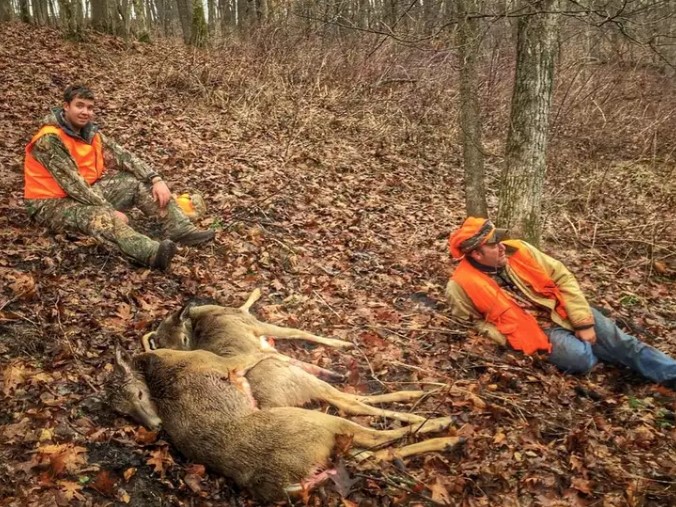
Legal Framework for Drone Use in Arkansas
The legality of drone use for deer recovery in Arkansas is governed by a combination of state and federal regulations. In Arkansas, the Arkansas Game and Fish Commission (AGFC) regulates hunting and the use of technology in wildlife management. The AGFC enforces strict rules to ensure ethical hunting practices and prevent unfair advantages.
Key Regulations:
- Hunting Regulations: The use of drones for hunting, including spotting or tracking game, is prohibited in Arkansas. This restriction is designed to maintain fair chase principles and avoid giving hunters an undue advantage.
- Recovery Purposes: While drones cannot be used for active hunting, their use for recovery purposes exists in a gray area. Arkansas does not have explicit laws addressing drone use solely for recovering wounded or deceased deer. This lack of clarity often leaves hunters unsure about whether drone-assisted recovery is permissible.
- Federal Laws: The Federal Aviation Administration (FAA) regulates the operation of drones in U.S. airspace. Drone operators must adhere to FAA rules, which include registering their UAVs, maintaining visual line-of-sight, and avoiding restricted areas such as national wildlife refuges or state parks.
- Privacy and Trespassing Laws: Using drones to recover deer may inadvertently lead to privacy violations or trespassing on private property. Hunters must obtain permission from landowners before deploying drones over their land.
>>> Read More: Is Drone Deer Recovery Legal in Alabama?
Benefits of Drone Deer Recovery
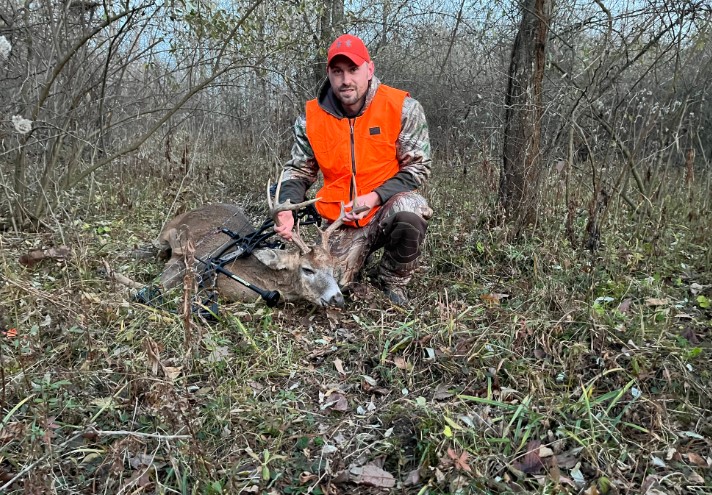
Despite the legal ambiguities, drone deer recovery offers several advantages:
- Efficiency: Drones can quickly locate deer in dense forests or rugged terrain, reducing the time and effort required for recovery.
- Animal Welfare: By swiftly locating wounded deer, drones help minimize the animal’s suffering and ensure ethical hunting practices.
- Data Collection: Drones equipped with advanced sensors can provide valuable data on deer populations, migration patterns, and habitat usage, aiding conservation efforts.
- Safety: Hunters can avoid hazardous conditions, such as navigating thick underbrush or crossing water bodies, by using drones to pinpoint the location of game.
Challenges and Ethical Considerations
The use of drones in deer recovery is not without challenges and ethical concerns:
- Fair Chase Principles: Ethical hunting emphasizes fair chase, which entails giving game animals a reasonable opportunity to evade hunters. Some argue that using drones, even for recovery, undermines this principle by introducing an unfair technological advantage.
- Legal Ambiguity: The absence of explicit regulations in Arkansas creates uncertainty for hunters, who risk penalties if drone use is interpreted as a violation of hunting laws.
- Privacy Issues: Drones equipped with cameras may inadvertently capture images of private property or individuals, leading to potential privacy violations.
- Wildlife Disturbance: The noise and presence of drones can disturb wildlife, potentially affecting their natural behaviors and habitats.
>>> Click Is Drone Deer Recovery Legal in PA?
Comparative Analysis: Drone Laws in Other States
To better understand Arkansas’s stance, it is helpful to examine how other states regulate drone deer recovery:
- Prohibited States: States like Colorado and Montana explicitly ban the use of drones for hunting and recovery purposes, citing ethical concerns and wildlife disturbances.
- Permissive States: Some states allow limited drone use for recovery, provided operators comply with specific guidelines, such as obtaining landowner consent and adhering to FAA rules.
- Gray Areas: Similar to Arkansas, several states lack clear policies on drone-assisted recovery, leaving hunters to navigate uncertain legal terrain.
Recommendations for Hunters in Arkansas
Given the current legal landscape, hunters in Arkansas should exercise caution when considering drone deer recovery. Here are some best practices:
- Consult Local Authorities: Before using a drone, consult the Arkansas Game and Fish Commission to clarify regulations and avoid potential violations.
- Obtain Landowner Permission: Ensure you have explicit permission to fly drones over private property, as unauthorized drone use could result in trespassing charges.
- Follow FAA Rules: Adhere to all federal drone regulations, including registering your UAV and avoiding restricted airspace.
- Document Ethical Practices: Keep records of your drone use, including the purpose and flight details, to demonstrate compliance with ethical hunting practices.
- Advocate for Clear Regulations: Hunters and conservationists can work with the AGFC to develop clear guidelines for drone deer recovery, balancing technological benefits with ethical considerations.
Broader Implications for Conservation and Technology
The debate over drone deer recovery reflects broader tensions between tradition and innovation in wildlife management. While drones offer promising applications, their use must be carefully regulated to ensure they complement, rather than undermine, conservation goals.
- Research Opportunities: Drones can enhance scientific research by providing detailed insights into wildlife behavior, population dynamics, and habitat health.
- Public Perception: Transparent and ethical drone use can foster public support for innovative conservation tools. Conversely, misuse could damage the reputation of hunters and conservationists.
- Policy Development: As drone technology evolves, policymakers must proactively address its implications, balancing innovation with ethical and environmental considerations.
Conclusion
The legality of drone deer recovery in Arkansas remains a complex and evolving issue. While drones offer undeniable benefits in efficiency, safety, and data collection, their use is constrained by ethical concerns, legal ambiguities, and potential conflicts with traditional hunting values. Hunters in Arkansas should prioritize compliance with state and federal regulations, respect private property rights, and advocate for clear and balanced policies.
By fostering dialogue among stakeholders—including hunters, conservationists, and regulators—Arkansas can develop a legal framework that harnesses the potential of drone technology while preserving the integrity of its wildlife traditions. In the meantime, hunters must navigate this uncharted territory with caution, ensuring their practices align with both the letter and spirit of the law.
